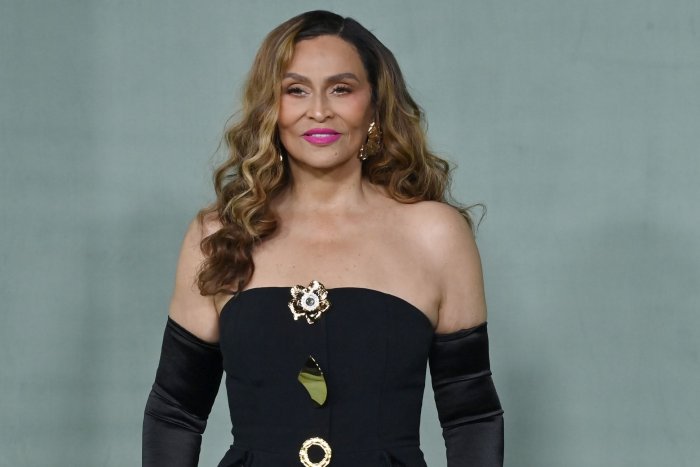Paramount Skydance enhances offer to buy Warner Bros. Discovery to woo shareholders
Feb. 10 (UPI) — Paramount Skydance announced enhancements to its offer to buy Warner Bros. Discovery as it tries to woo shareholders away from Netflix.
Paramount added a 25-cent-per-share ticking fee, adding up to $650 million cash value per quarter that the transaction doesn’t close beginning in January 2027. It also said it would pay the $2.8 billion termination fee that would be due to Netflix.
The sweetening of the Paramount deal is the latest in the ongoing battle against Netflix to buy the company, which includes Warner Bros. Studios, HBO and HBO Max, among other titles. WBD shareholders must vote to choose between Netflix and Paramount, and the merger must pass federal scrutiny.
In October, Warner Bros. said it was open to offers after getting unsolicited ones. On Dec. 5, after a bidding war between Netflix and Paramount Skydance, Warner Bros. said it would accept Netflix’s offer.
Then Paramount launched a hostile bid to buy WBD. The Warner Bros. board told shareholders not to accept the Paramount bid because Oracle creator Larry Ellison, father of Paramount CEO David Ellison, wasn’t backing the deal. On Dec. 22, Paramount said that it has Larry Ellison’s backing of $40 billion in equity. On Jan. 20, Netflix changed its offer to all cash to make it more attractive to shareholders.
In the new deal, Paramount would eliminate the potential $1.5 billion financing costs that would come with the debt exchange offer. Paramount would fully reimburse WBD shareholders for the $1.5 billion fee without reducing the $5.8 billion reverse termination fee if the deal doesn’t close.
Paramount said it will also cover WBD’s bridge loan if its financing sources won’t extend theirs, including covering the costs.
Paramount’s financing again includes an irrevocable personal guarantee from Larry Ellison of $43.3 billion, covering the equity financing for Paramount’s amended offer as well any damages claims against Paramount.
“The additional benefits of our superior $30 per share, all-cash offer clearly underscore our strong and unwavering commitment to delivering the full value WBD shareholders deserve for their investment,” said David Ellison, Paramount chair and CEO, in a statement. “We are making meaningful enhancements — backing this offer with billions of dollars, providing shareholders with certainty in value, a clear regulatory path, and protection against market volatility.”
On Feb. 4, Netflix Co-CEO Ted Sarandos testified before the Senate Judiciary Committee’s antitrust subcommittee on the merger. Paramount declined to participate.

